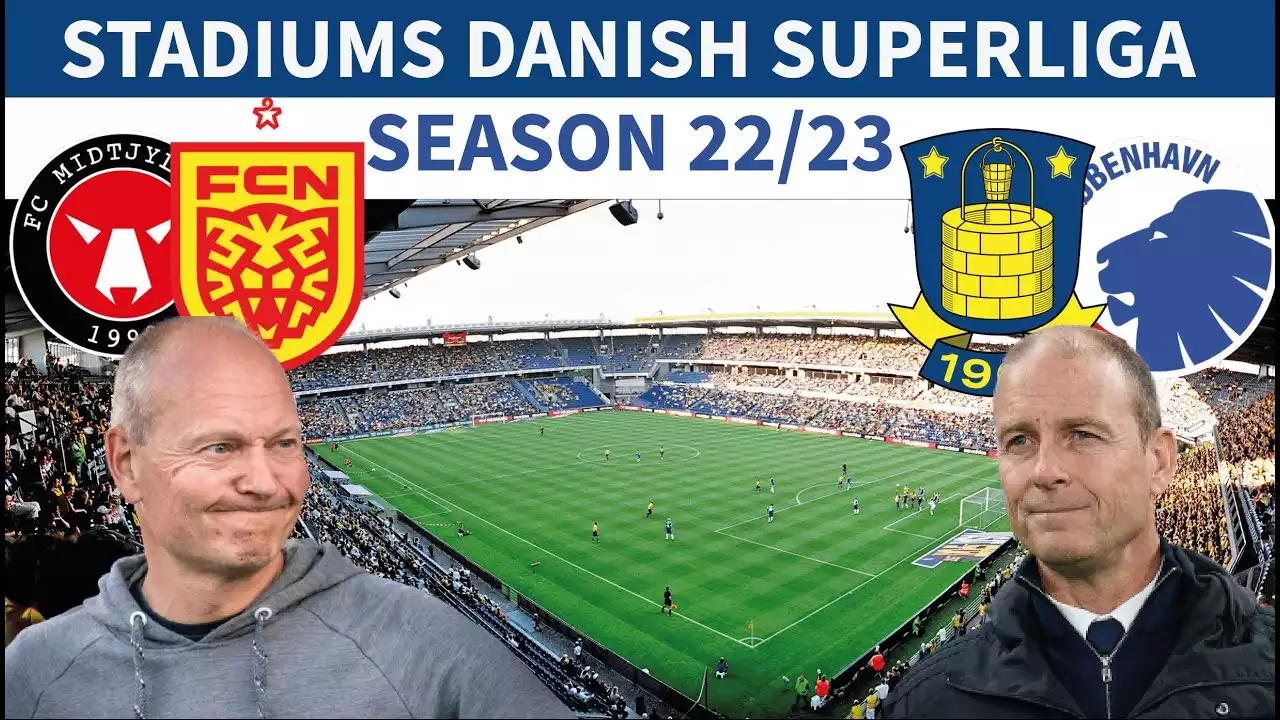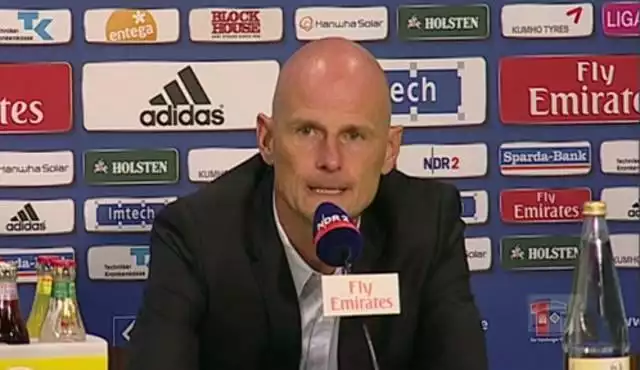Early career and playing days
Born on June 15, 1964, in Frederiksberg, Denmark, Michael Laudrup's journey in football began at a young age. Coming from a family with a rich footballing tradition, Laudrup's talent was evident from the start. He quickly rose through the ranks of the youth system at Lyseng IF and caught the attention of Danish giants, KB, where he made his professional debut at the age of 17.
Laudrup's exceptional technical ability and creativity on the pitch soon attracted the attention of clubs beyond Denmark's borders. In 1983, he made a move to Lazio in Italy, marking the start of a successful playing career that would see him grace some of the biggest stages in football. Laudrup's time in Italy served as the perfect platform for him to showcase his skills, and it wasn't long before he caught the eye of top European clubs.
After a brief stint at Lazio, Laudrup joined the legendary Johan Cruyff at Barcelona in 1989. It was during his time at Barcelona that Laudrup truly flourished, becoming an integral part of Cruyff's iconic "Dream Team." His mesmerizing dribbling, precise passing, and ability to dictate the tempo of the game made him a fan favorite at the Camp Nou. Together with the likes of Ronald Koeman and Hristo Stoichkov, Laudrup helped Barcelona dominate both domestically and in Europe.
Transition to coaching and managerial career
Following his illustrious playing career, Laudrup made a natural transition into coaching and management. His deep understanding of the game and his ability to inspire and motivate players made him an ideal candidate for the role. In 2000, Laudrup took his first steps into coaching as an assistant manager for the Danish national team. This experience allowed him to gain valuable insights into the tactical aspects of the game and further develop his leadership qualities.
In 2002, Laudrup was appointed as the head coach of Getafe CF in Spain. It was here that he truly began to make his mark as a manager. Despite limited resources and a relatively small budget, Laudrup's tactical prowess and ability to extract the best out of his players propelled Getafe to new heights. Under his guidance, the club achieved their highest-ever league finish and reached the final of the Copa del Rey, an extraordinary feat for a team of their stature.
Success at Getafe CF
Laudrup's success at Getafe CF can be attributed to his unique managerial approach and his ability to instill a winning mentality within his squad. One of the key aspects of Laudrup's philosophy was his emphasis on attractive and attacking football. His teams played with a sense of freedom and creativity, showcasing intricate passing moves and incisive attacking play. This style of play not only entertained the fans but also proved to be highly effective on the pitch.
Laudrup also had a keen eye for talent and was known for his ability to nurture young players and develop their potential. He provided opportunities for promising youngsters to shine and allowed them to express themselves without fear of making mistakes. This approach not only helped Getafe achieve success on the field but also created a positive and nurturing environment within the club.
Leading Swansea City to historic achievements
Laudrup's managerial prowess did not go unnoticed, and in 2012, he was appointed as the manager of Swansea City in the English Premier League. This move would prove to be a turning point in the club's history. Under Laudrup's guidance, Swansea City achieved unprecedented success, winning their first major trophy in the form of the League Cup in 2013.
Laudrup's impact on Swansea City was profound. He not only transformed the team's style of play but also instilled a winning mentality within the squad. His ability to attract quality players to the club and develop a cohesive unit allowed Swansea City to compete with some of the biggest teams in English football. The League Cup triumph was a testament to Laudrup's tactical acumen and his ability to get the best out of his players in high-pressure situations.
Challenges at Mallorca and subsequent career
Following his successful stint at Swansea City, Laudrup faced a new set of challenges at RCD Mallorca. Despite the financial constraints and off-field issues plaguing the club, Laudrup managed to maintain their top-flight status and guide them to a respectable finish in La Liga. However, his time at Mallorca was marred by internal conflicts and disagreements with the club's hierarchy, ultimately leading to his departure.
Laudrup's subsequent managerial career saw him take charge of various clubs around the world, including Qatar Stars League side Lekhwiya and the Premier Soccer League team, Mamelodi Sundowns in South Africa. While his time at these clubs may not have yielded the same level of success as his previous endeavors, Laudrup's influence and impact on the players and the development of the teams cannot be understated.
Laudrup's managerial philosophy and tactics
At the core of Laudrup's managerial philosophy lies his unwavering commitment to attractive and attacking football. His teams are known for their fluidity, technical proficiency, and ability to dominate possession. Laudrup's tactical approach emphasizes the importance of quick passing, intelligent movement, and exploiting spaces in the opposition's defense. His ability to adapt to different playing styles and create a cohesive unit out of his players is a testament to his tactical acumen.
Laudrup's approach to man-management is also worth noting. He believes in creating a positive and nurturing environment where players are encouraged to express themselves and take calculated risks. This approach allows players to perform at their best and fosters a sense of camaraderie and trust within the team.
Impact on Danish football
Laudrup's success as a manager has had a profound impact on Danish football. His achievements have inspired a new generation of Danish managers and players, who strive to emulate his style of play and leadership qualities. Laudrup's ability to elevate smaller clubs to new heights has shown that success is not solely dependent on financial resources but rather on tactical innovation, player development, and a strong team ethos.
Legacy and influence on future managers
Michael Laudrup's legacy extends beyond his managerial achievements. His impact on the footballing world has been immense, and his influence on future managers cannot be underestimated. His unique style of play and his ability to create attractive football has inspired managers across the globe. His emphasis on nurturing young talent and creating a positive team environment has become a blueprint for success.
As the game of football continues to evolve, the influence of Michael Laudrup will continue to be felt. His innovative tactics, charismatic leadership, and commitment to excellence have left an indelible mark on the sport. Whether it is his success on the pitch as a player or his achievements in the dugout as a manager, Laudrup's name will always be synonymous with greatness.










